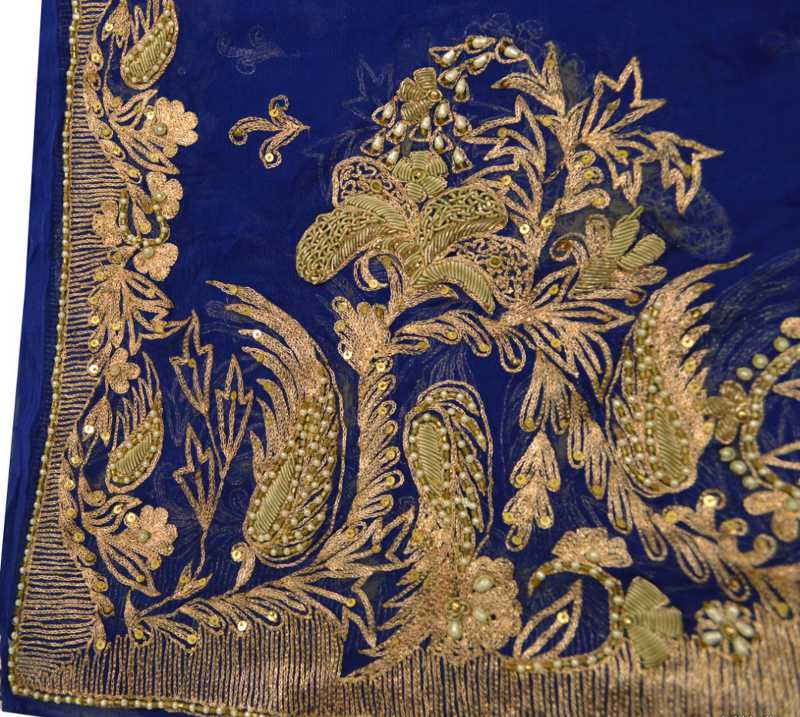===
0774,
2
===

=== |
 |
tāb : 'Heat, warmth; burning, inflaming; pain, affliction, grief; anger, indignation, wrath, rage; light, radiance, lustre, splendour; strength, power, ability, capability; endurance, brooking'. (Platts p.303)
jalvah : 'Manifestation, publicity, conspicuousness; splendour, lustre, effulgence'. (Platts p.387)
vuhīñ (a variant of vahīñ ): 'That very place; in that same or very place, just there; —that very time, that same or very instant, just then, precisely at that moment; immediately, at once; forthwith; —in that very manner, just so, even so'. (Platts p.1206)
āb : 'Water; water or lustre (in gems); temper (of steel, &c.); edge or sharpness (of a sword, &c.); sparkle, lustre; splendour; elegance'. (Platts p.1)
āñkh bhar [ke] dekhnā : 'To look (at) till (one's) curiosity is fully satisfied; to stare steadily and long (at); to bestow a full gaze (upon), to cast angry looks (at), look angry or threatening (at); —to cast amorous glances (at), gaze amorously (upon)'. (Platts p.95)
FWP:
SETS == IDIOMS
MOTIFS == EYES; JALVAH; SUN
NAMES
TERMS == WORDPLAYThis ghazal begins with two opening-verses. SRF has chosen only the second for SSA. The first can be seen in the main ghazal index.
SRF points out the wordplay of āb and tāb -- and please see the definitions above to appreciate how their meanings both diverge and converge. There's also the extra fillip of āftāb .
And surely we should add the hovering presence of the excellently suitable idiomatic expression āñkh bhar dekhnā (see the definition above). For the 'looking' part is clearly supposed by the whole verse, and the āñkh and the bhar are right there in the second line. In fact, the whole idiom is invoked in the first line of {1109,5}, cited by SRF. No one can look as much as he wants to at the beloved; 'get an eyeful' would be a great translation, if it didn't have such crude overtones. No one can metaphorically 'fill' his eyes with the sight of the beloved, because his eyes 'fill' with water instead, so that his gaze is blocked.
Note for meter fans: It seems that vūhīñ (or vohīñ ?) has its lengthened initial vowel for the sake of the meter. Otherwise, it's just vuhīñ , a variant form of vahīñ , which of course is vahāñ plus hī . See the definition above.